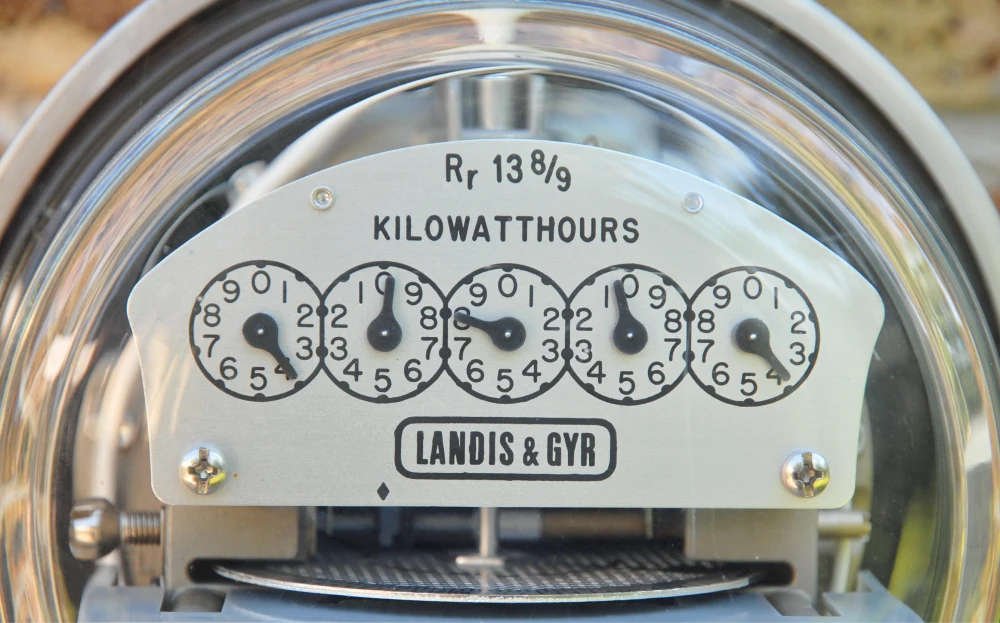Secrets Electricity Providers Don’t Want You to Know About Bill Credits
2 minute readBill credit plans may look tempting, but for most Texans, they’re not the smartest way to save. Opting for a
Home > Learning Center > How the Energy Industry Works > What Is a Kilowatt-Hour?
3 minute read • Last update September 2024

A kilowatt-hour (kWh) is a unit of energy used to measure electricity consumption. It represents the amount of energy used when one kilowatt (1,000 watts) of power is consumed for one hour.
For example, if you have a 100-watt light bulb and leave it on for 10 hours, it will use 1 kilowatt-hour of electricity. 100 watts multiplied by10 hours is equal to1,000 watts, or 1 kilowatt-hour.
Electricity providers measure your home’s energy consumption in kilowatt-hours and calculate your bill with your usage and energy charge.
The difference between a kilowatt (kW) and a kilowatt-hour (kWh) lies in what they measure:
In short, kW measures power (the rate of energy use), while kWh measures energy (the amount of electricity used over time).
One kilowatt-hour can power different household appliances and technology for different lengths of time because each device requires a unique wattage to operate. Here are some common examples of what 1 kWh can power in a home:
The electronics in your home may require different wattage to operate, but these examples can give a rough idea of how far one kilowatt-hour can go.
Megawatts (MW) and gigawatts (GW) are larger units of power than kilowatts (kW), used to measure much larger amounts of electrical energy. Here’s the difference:
To summarize:
The four categories that use the most energy at home in Texas are: heating and cooling, water heating, appliances and electronics, and lighting.
Energy use varies by home depending on size, location and climate, human behavior, the number of people living in a space, and efficiency of appliances.
Graham Lumley, Digital Marketing Manager at BKV Energy, leads digital and traditional marketing strategies, focusing on educating Texans about the state's deregulated energy market. With over 8 years of marketing experience, he creates content to help consumers understand and save on their energy bills, bringing a fresh and dynamic approach to the industry.

Bill credit plans may look tempting, but for most Texans, they’re not the smartest way to save. Opting for a

When will we run out of fossil fuels? There’s no immediate concern that humanity will completely run out of fossil
Get $50 off your electric bill!
Use code BKVEJOINUS50
Enter your zip code to shop BKV Energy's affordable, fixed-rate Texas electricity plans. Use the promo code for $50 off your electric bill.